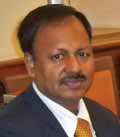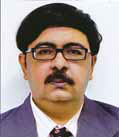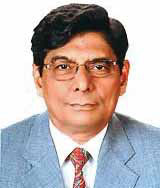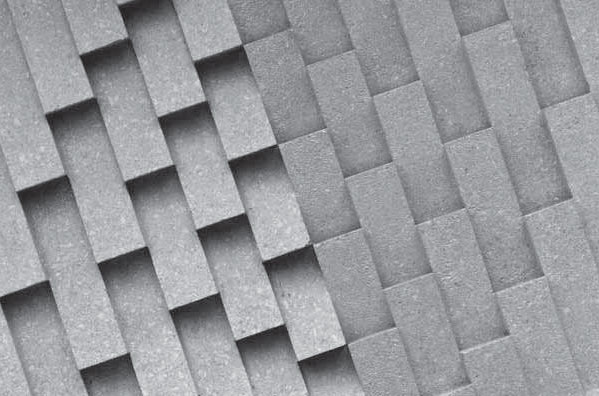Articles in the Articles Category

Pilotless aerial vehicle systems (PAVs) have captured many people’s imaginations through the media as combat vehicles in various war zones around the world. These vehicles of combat have acquired the pejorative term ‘drone’ as these aircraft have ‘no intelligence’ and only respond by attacking positions identified by forward personnel on the ground…

The major application of Geoinformatics in rural development sector primarily are natural resources development, watershed development, Mahatma Gandhi National Employment Guarantee Scheme asset monitoring, rural roads, drinking water & sanitation, rural health, agriculture, animal husbandry, minor irrigation, soil conservation, afforestation, disaster management, land records & revenue and a host of other related applications…
The information on orbital parameters, navigation signals and technical characteristics of systems and networks in the radionavigation-satellite service (RNSS) (space-to-Earth, space-to-space) operating in the bands 1 164-1 215 MHz, 1 215-1 300 MHz, and 1 559-1 610 MHz are presented in this Recommendation.
















 (5.00 out of 5)
(5.00 out of 5)